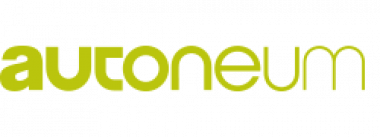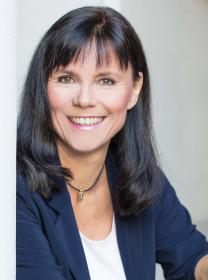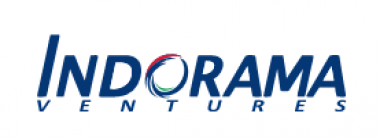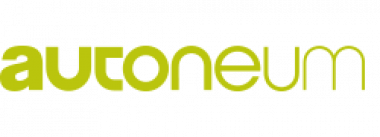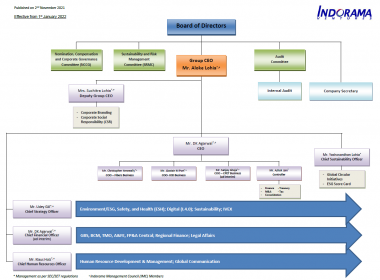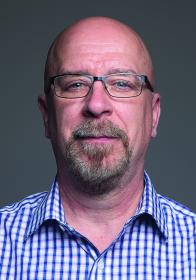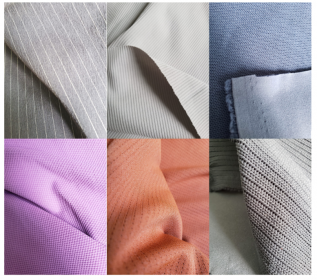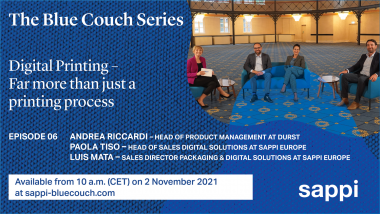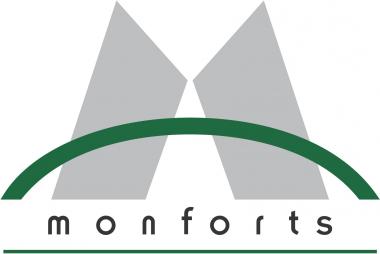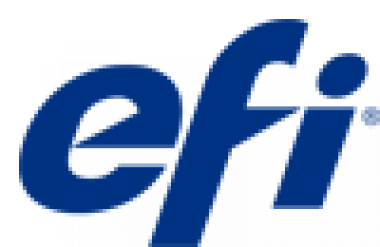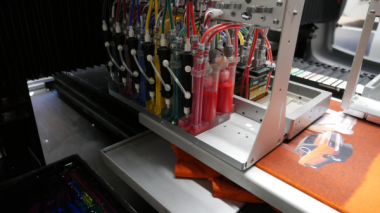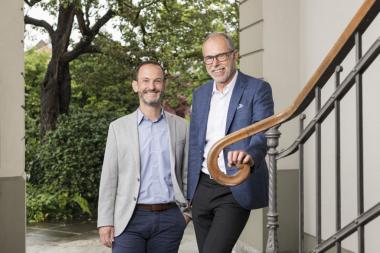Autoneum: Flexi-Loft with high acoustic performance
The acoustic performance of components for the vehicle interior such as inner dashes or carpets depends on the noise-reducing quality as well as the geometrical adaptability and fill power of their material. With Flexi-Loft, Autoneum offers a new felt-based technology that thanks to a unique blend of recycled cotton and functional fibers reduces product weight and allows for accurate adaptation even to complex shapes. The textile material therefore provides a versatile and more sustainable alternative to foam.
In order to achieve high acoustic performance at minimum weight and maximum sustainability, Autoneum is continuously advancing its textile product portfolio. When it comes to components for the vehicle interior, for example, standard thermoplastic felts excel through their acoustic absorption, robustness and environmental friendliness. However, since felt-based materials are generally less voluminous and moldable as foam components, they require more weight to thoroughly fill the areas of varying thickness between the surface of the component and the vehicle’s body-in-white. In contrast, Autoneum’s Flexi-Loft technology is significantly lighter, more flexible and more adaptable than standard felts. In addition, the fiber-based material is versatile and clearly outperforms current foam products in terms of sustainability.
Thanks to its blend of recycled cotton and polyester fibers, Flexi-Loft substantially reduces component weight while improving geometrical adaptability and acoustic performance, especially in areas of low thickness. Thanks to the specific properties of the fibers, Flexi-Loft enables a precise adaptation to a wide variety of vehicle bodies, thereby improving the noise-insulating qualities of the respective product. Even at low weight, Flexi-Loft covers a wide range of material thicknesses, thus proving to be an ideal decoupling material for interior components with complex shapes such as inner dashes and automotive carpets. As a lightweight, flexible and sustainable alternative to both standard felts and foam, Flexi-Loft distinguishes itself by its versatile application in combination with existing Autoneum technologies such as Hybrid-Acoustics and Prime-Light. Moreover, the material helps to reduce odor and dust inside the vehicle.
Flexi-Loft consists of at least 50% recycled cotton fibers, and cut-offs generated during the manufacturing process are reclaimed, processed and then reused in the production of new felt blanks.
Autoneum is already using Flexi-Loft worldwide as an insulator for various carpets, inner dashes and other acoustic components based on its Prime-Light technology. The application of the material as an effective decoupler in inner dashes made of Hybrid-Acoustics will be launched on the European market in 2023.
Autoneum Management AG


